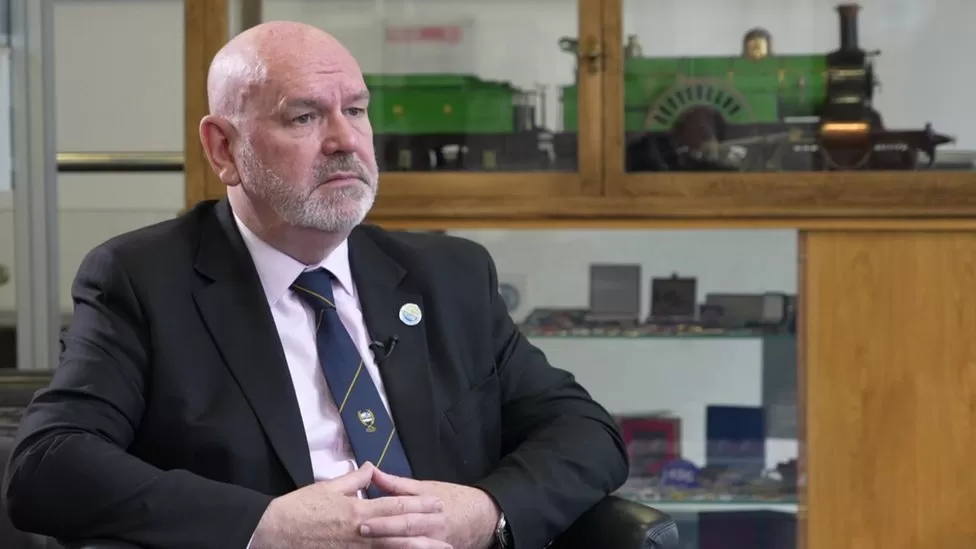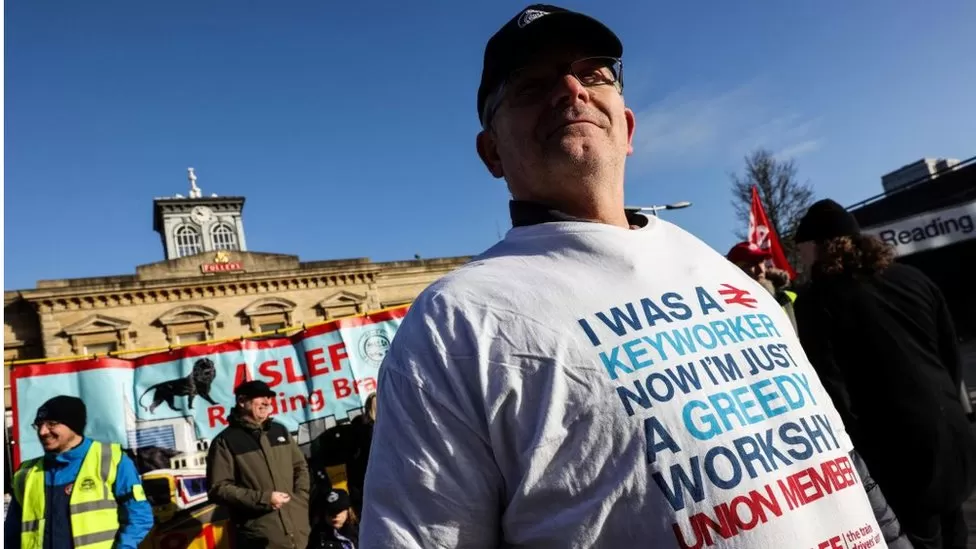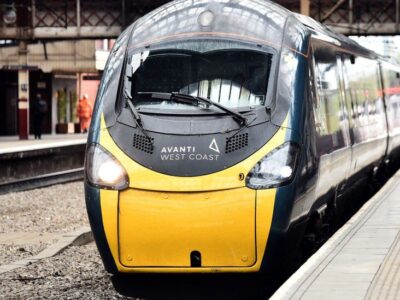Passengers have been warned to expect significant disruption from the latest train strikes on Friday. Members of the Aslef train drivers’ union are walking out at 16 companies, with some running no services at all. These include Trans Pennine Express, Northern, Avanti, East Midlands Railway, Thameslink, and Southern. Friday’s strike, which Aslef insists was not scheduled to target Eurovision events, is the first of four separate days of walkouts by two unions.
Aslef is striking on Friday 12 May, Wednesday 31 May, and Saturday 3 June – the day of the FA Cup final. Separately, the RMT union is striking on Saturday 13 May – the day of the Eurovision final in Liverpool. Both unions have been accused by Transport Secretary Mark Harper of targeting the contest. Train companies said the action “is likely to result in little or no services across large areas of the network”, with services also disrupted on the days immediately after the strike days. Passengers should plan ahead and check services before travel, it said.
Eurovision row
Aslef general secretary Mick Whelan said the schedule of the strike action was based on when the union had rejected the latest offer from train operators, having to give 14 days’ notice, and around staff shift patterns, and that Eurovision “wasn’t a consideration”. “We hadn’t looked at any event,” he told the BBC, adding that if the union was going to target the contest, it would have taken action on the day of the final instead, on Saturday. There will, however, be Aslef overtime bans then. Strike action by rail workers in the RMT will affect 14 operators on Saturday. Mr Whelan added: “We don’t want to hurt anybody, but there is no good day for a strike. If you pick any one day in any given week you’ll hit some event.” However, the Department for Transport said: “It’s hard to believe Aslef would be unaware of the huge impact calling strikes the day before, and action short of strike the day of, the Eurovision final would have on the event.”

Harry Cunningham, 23, who lives in London, had been planning to get the train on Friday to Liverpool and stay the night for the Eurovision Village grand final on Saturday. When the strikes were announced, he and his friend looked into other transport options but any alternative would have been three times longer than the train. He said it was “crushing” and “heart breaking” that they wouldn’t be able to go. “It’s a huge disappointment, and a real let-down, and a massive missed opportunity. This is something we’ve been planning and prepping for since September, maybe even before then.”
Ongoing Strikes:
There have already been six strike days in Aslef’s long-running pay dispute. Mr Whelan said a resolution appeared even further away, and didn’t rule out the dispute lasting years. He said the escalation he warned of in January had not yet happened, and members were still pushing for “harder and faster” action. The union’s eight-person executive committee makes decisions, but Mr Whelan said the tools available included more or longer-lasting walkouts, a total ban on overtime, or both.

The industry and the government say the railway’s finances are unsustainable, so ways of working have to change and efficiencies made, in return for wages going up. Unions point out the pay rises on the table are way below inflation, and argue their members’ jobs and working conditions are being attacked. Last month Aslef rejected the latest proposals from the group representing train companies.
They included:
- a 4% pay rise for last year, dependent on accepting conditions such as changes to make training faster
- a 4% pay increase for this year, dependent on further changes being agreed locally, such as making Sunday working a contractual commitment
Mr Whelan says discussions in talks had led him to expect the second year’s pay increase to remain negotiable, depending on what changes were agreed. But when the offer arrived, the figure of 4% was attached. There have been no further talks since the rejection. Separately, RMT members who work as maintenance workers and signallers at Network Rail voted to accept a deal in March, ending that dispute. But the parallel dispute over pay, jobs and working conditions with 14 train companies goes on.

The RMT’s committee has rejected the train companies’ latest offer, including a 5% pay rise one year and 4% the next. Mick Lynch, its general secretary, said: “Throughout this dispute – which has gone on for over a year – the government has tied the hands of the railway companies and prevented them offering a fair deal. “We are striking so that the employers and government can see the huge anger amongst rail workers is very real and they need to recognise that fact, face reality and make improved proposals”. The Rail Delivery Group, which represents train operators, was approached for comment.
![]()






